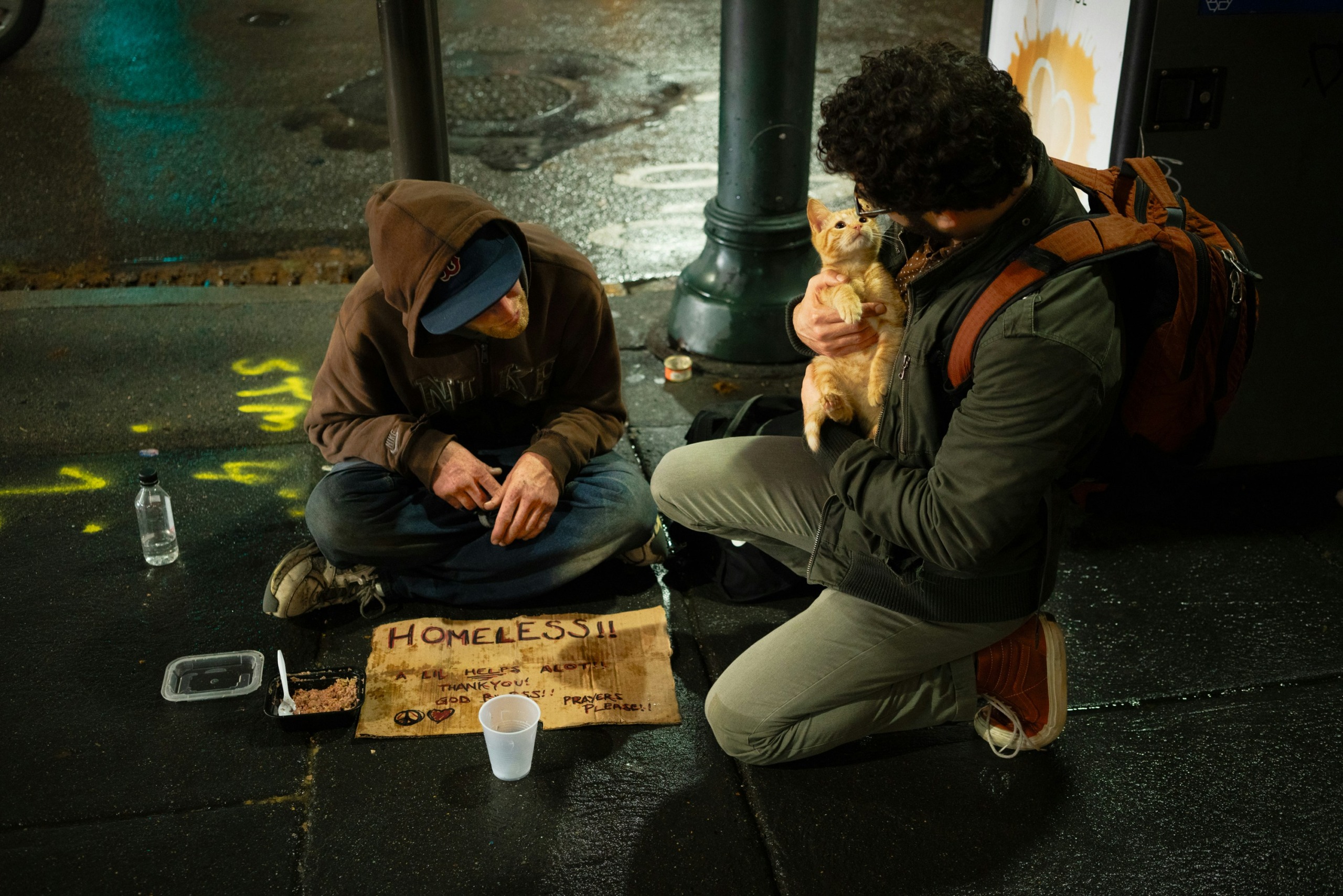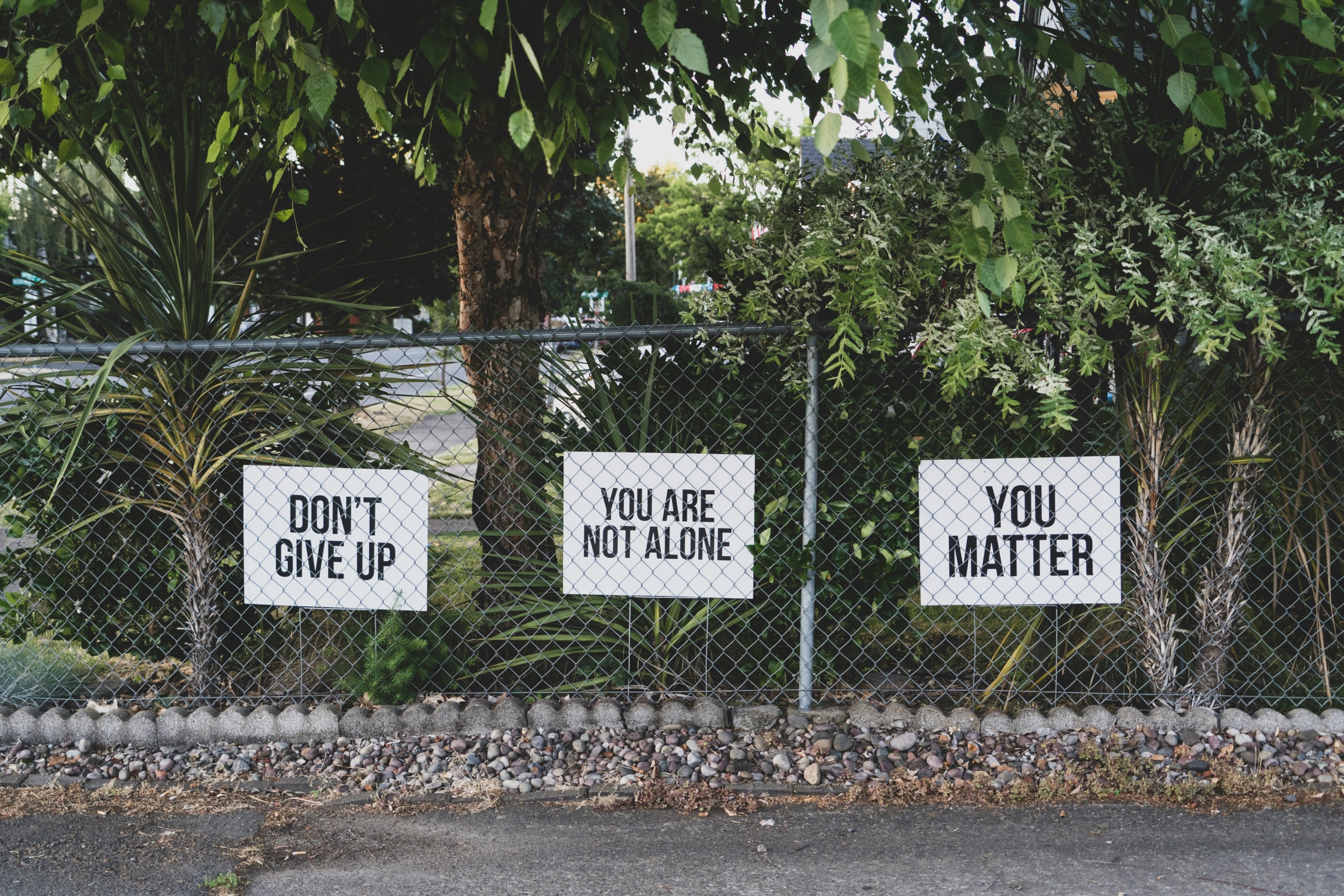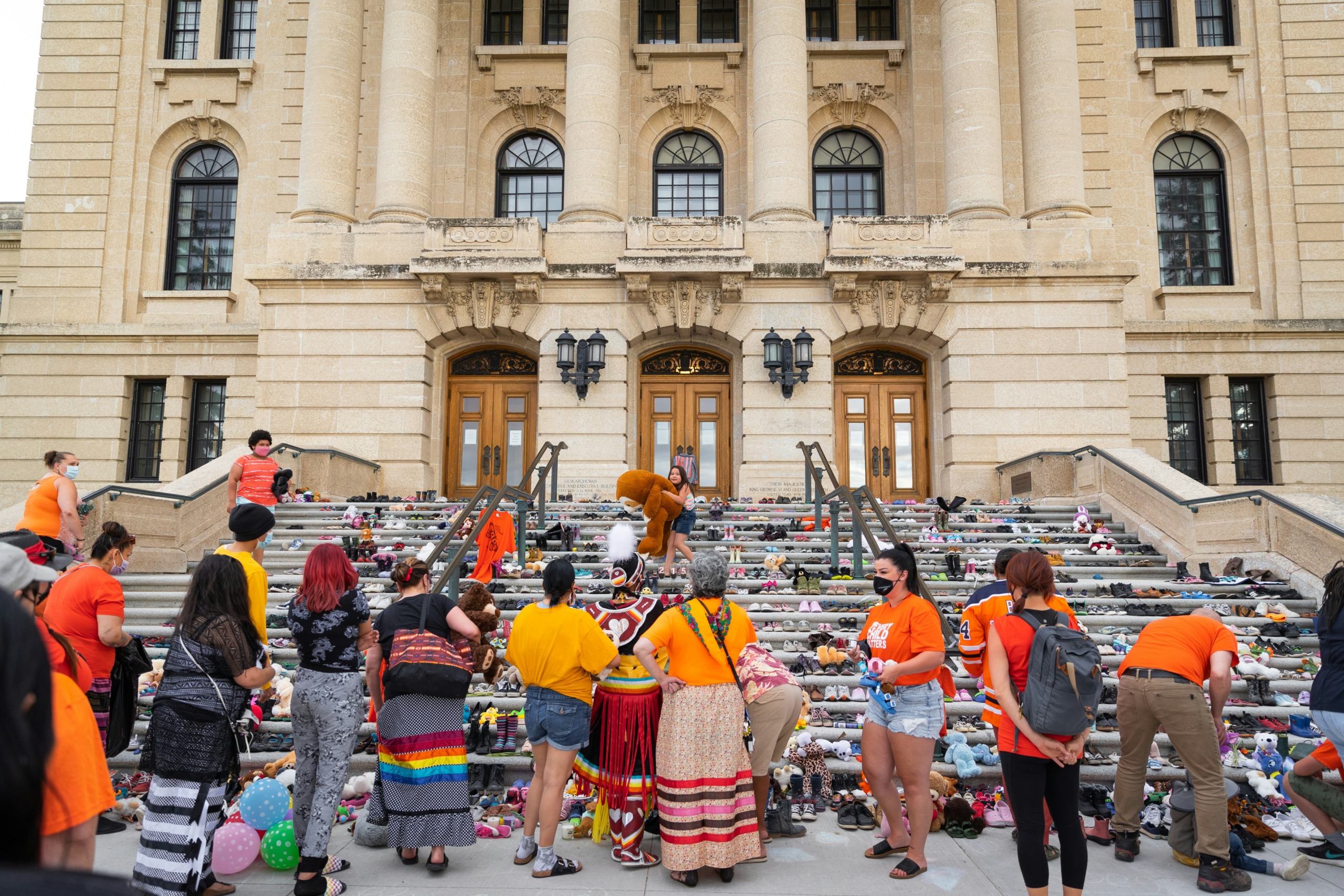Oct. 29 Biweekly Update: Social Services Key Insights
SOCIAL SERVICES NEWS
News, updates, and stories about social care in BC
Unveiling the latest developments in social services
October 29, 2024
Subscribe HERE
Table of contents
- BC Election
- Reconciliation
- Reconciliation Book Club
- Seniors
- Opportunities
- Children
- Social Policy Forum 2025
- Disability
- Career Opportunities
- Women
- Good News
BC Election
BC Lieutenant-governor Asks NDP Leader David Eby to Form Government | CBC News
BC NDP Leader David Eby has been asked by Lt.-Gov. Janet Austin to form the next provincial government following a closely contested election. The NDP has won 47 seats, meeting the threshold for a majority in the 93-seat legislature, but a judicial recount is pending in Surrey-Guildford, where the NDP won by just 27 votes, which could impact the final majority status. The Conservatives won 44 seats, and the Greens secured two. Eby has pledged to address the challenges facing BC while acknowledging the tight race. The recounts, required by Elections BC for narrow margins in Surrey-Guildford and Kelowna Centre, may influence legislative dynamics. Political experts, including UBC’s Stewart Prest, suggest that if the NDP’s majority holds, it may still seek an alliance with the Greens to ensure stable governance, as legislative procedure requires the election of a neutral Speaker. Conservative Leader John Rustad expressed pride in his party’s gains, positioning them as the Official Opposition.
Related:
Reconciliation
BC Conservative Candidate Called Indigenous People ‘Savages’ on Election Night | Global News
BC Conservative candidate Marina Sapozhnikov sparked controversy after making racist remarks about Indigenous Peoples during an election night interview, where she referred to them as “savages” and claimed “90 percent of Indigenous people use drugs.” The remarks, made to Vancouver Island University student Alyona Latsinnik, were condemned by BC Conservative Leader John Rustad, who called the comments “inaccurate” and “profoundly harmful.” MLA-elect Peter Milobar and BC NDP Leader David Eby also criticized Sapozhnikov’s remarks, with Eby accusing Rustad of supporting offensive candidates. The Union of BC Indian Chiefs denounced the comments as unacceptable, while Sapozhnikov’s potential win in a tight recount could give the BC Conservatives a majority in the provincial legislature. The incident follows another apology from Conservative candidate Brent Chapman over past racist social media posts.
Related:
- First Nations Leaders Condemn Racist Comments by Conservative Candidate | City News
- Jody Wilson-Raybould Believes Reconciliation Is Possible. It Starts with Understanding the Past | CBC News
- Indigenous Child Welfare Reform Facing Uncertainty after $47B Deal Rejected | Global News
- The Push to Criminalize Residential School Denialism in Canada | Global News
- Kimberly Murray to Release Final Report on Missing Children, Unmarked Graves Tuesday | CBC News
Reconciliation Book Club
Fatty Legs (10th Anniversary Edition)
The Federation’s Reconciliation Book Club, designed to be inclusive and accessible for all staff in member organizations, is a key resource for increasing knowledge of reconciliation issues. Book Club members meet regularly to discuss a new book, and Federation staff ensure that the discussions are enriched with supplementary materials, including discussion questions, additional readings, and author and publisher information.
We invite you to join us for the next meeting of the Reconciliation Book Club on December 18, 2024. The book we will be discussing is “Fatty Legs (10th Anniversary Edition)” by Christy Jordan-Fenton, Margaret Pokiak-Fenton, and Liz Amini-Holmes. Don’t miss this chance to be part of the discussion. Sign up for the book club here: https://fcssbc.ca/bookclub/
Seniors
Families Speak Out about Eviction from Private Pay Seniors Facility | Chek News
Families of two seniors, Joan Hooper and Marta Vaesen, recently spoke out about the sudden eviction of their loved ones from the private facility, Island View Place Care, in Saanichton, BC, after concerns about declining care quality. Both women had received high-quality care for years, but in 2023, their families noticed a decline due to staff changes, lack of communication, and issues with medical care, including an untreated wound. In September 2023, after the families filed complaints with Island Health, the facility issued eviction notices to both residents, sparking an investigation by Island Health. The investigation concluded that Island View Place Care had evicted the women without valid reasons and without taking steps to resolve the issues. Despite pleas to provincial officials, the families discovered limited protections for seniors in private care facilities, where landlords retain the power to end residency contracts. Island View Place Care’s management stated they had attempted mediation, but the families disputed this, citing insufficient support. Tragically, Joan Hooper passed away five weeks after her eviction, while Marta Vaesen was relocated to a nearby facility.
Related:
- Some Residents Upset about the Location Chosen for a New Low Income Senior’s Housing Project in Chase | Castanet
- Answers and Support Needed Now to Help Seniors Survive the Soaring Cost of Rent: Nav-care | Castanet
- Affordable Housing for Veterans, Seniors and Healthcare Workers Falls Flat in Central Saanich | Chek News
Opportunities
The Federation actively works to help our members stay up to date with what is happening across the community social services sector. Check our calendar for training opportunities, webinars, and events.
Children
E Fry Society Partners with Big Brothers Big Sisters for Children and Domestic Violence Awareness Campaign | Castanet
The Kamloops Elizabeth Fry Society and Big Brothers Big Sisters of the Central and Southern Interior of BC are launching a campaign titled “#Not My Legacy” to challenge the misconception that children who witness domestic abuse are likely to become abusers as adults. Running through November, the campaign will use social media to educate the public, seek donations, and recruit volunteers. Elizabeth Fry Society’s executive director, Allison McLauchlen, emphasizes that children who witness abuse can lead healthy lives with the right support. The partnership aims to highlight services that help children develop coping skills and resilience, including mentoring programs provided by Big Brothers Big Sisters. Helen Brownrigg, executive director of Big Brothers Big Sisters, highlights the critical role mentors play, especially for children from challenging environments where schools may be their only safe space. Currently, there are 12 children on a waitlist for mentors, particularly male youth. The campaign underscores the importance of direct support for children, a need McLauchlen notes has been historically overlooked in favour of focusing solely on the safety of mothers.
Related:
Registrations Will Open Later This Week
Social Policy Forum 2025
Our 2025 Social Policy Forum will occur on February 12, 13 and 14. We are excited to host this event again at The Inn at Laurel Point, Victoria. The Social Policy Forum is an opportunity for members, sector partners, and government colleagues to connect and explore the pressing social policy issues our organizations–and, more importantly, our communities–face today. Participants will learn more, discuss the impacts and consequences of social policy, and explore approaches that will move us forward in finding solutions and better ways to support our most vulnerable citizens. Please watch for more information later this week, including hotel booking details.
Disability
People with Disabilities Ask Feds to Restore ‘Hope’ and Raise Benefit Amount | Global News
People with disabilities in Canada are calling on the federal government to increase the Canada Disability Benefit, which was intended to lift disabled Canadians out of poverty. Introduced in 2023 under Bill C-22, the benefit is set to begin in July 2024 but will only provide up to $200 per month—far below what advocates say is necessary. Heather Thompson, a 26-year-old living on the Ontario Disability Support Program, highlights how limited income prevents them from pursuing education and career goals, while others, like Thomas Cheesman, express similar frustrations over insufficient support. Advocacy groups, including the March of Dimes, argue that the benefit falls short of meeting basic needs and should be increased to provide a livable income akin to what low-income seniors receive from the government.
Related:
Career Opportunities
The Federation actively works to help our members recruit and retain skilled staff. Click here to check the current opportunities.
Women
BC’s Legislature Hits Gender Parity | The Tyee
For the first time in British Columbia’s history, women will hold a majority in the provincial legislature, with 48 of the 93 seats won by candidates who present as women. This milestone marks a significant rise from the previous election, where women comprised 42% of elected officials, and positions BC as the first province in Canada to reach gender parity in government representation. The shift is largely attributed to the New Democratic Party (NDP), which prioritized female and gender-diverse candidates, leading to the election of 31 women and 15 men. Kimberly Speers, a public administration professor at the University of Victoria, highlighted the importance of reflecting diversity within representation, noting the need to consider factors beyond gender, including race, age, ability, and socio-economic background. While the BC Greens elected no women and the Conservative Party elected a male majority, one-third of all elected officials across parties are racialized individuals. The achievement contributes to broader efforts toward a representative democracy that mirrors BC’s demographics, though Speers emphasized the continued need for inclusive cabinet appointments and policy-making through a Gender-based Analysis Plus (GBA+) lens.
Good News
If you have any feel-good, weird, fascinating or amusing stories you’d like to see included in this section, send them our way to giovani@fcssbc.ca!
- A Transit Worker Gave Donald an Unexpected Gift: A Hug from His Son | NPR
- She Called a Hotline to Report Abuse. A Voice on the Line Offered Hope | NPR
- Megan’s Life Was Falling Apart. Then a Kind Stranger Swooped in to Help | NPR
Note
The articles in Federation newsletters are for informational purposes and do not relate to the Federation’s advocacy work. We want our membership to stay informed of news relevant to our sector; the inclusion of a story is not an endorsement.


 ben wicks
ben wicks zac durant
zac durant dmitry nucky thompson
dmitry nucky thompson dan meyers
dan meyers tandem x visuals
tandem x visuals national cancer institute
national cancer institute